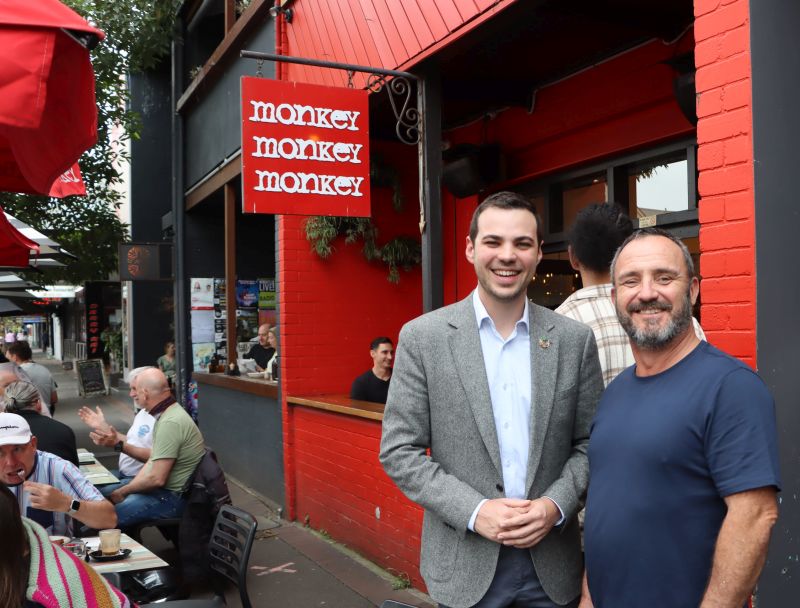The NSW Liberal and Nationals Government is utilising digital technology to improve the renewal process for Working with Children Checks by piloting the use of photo verification to offer a new convenient and secure online government service.
Minister for Customer Service and Digital Government Victor Dominello said enabling people the option to securely prove who they are online anywhere, anytime will save customers valuable time.
“There are more than 1.8 million customers in New South Wales who currently hold a Working with Children Check, which is required to be renewed every five years. Until now, customers would need to go into a Service NSW Centre to verify who they are in order to renew it,” Mr Dominello said.
“Having the choice to complete a digital photo verification, customers will now be able to complete their Working with Children Check renewal online instead of attending in person, which will save them on average about two hours per check.
“The innovative technology relies on customers to use their desktop, laptop or phone camera to verify their real-time photo image against their own government-issued ID, which ensures their identity remains safe, and is not being imitated online by scammers or hackers.”
Minister for Families and Communities, and Minister for Disability Services Natasha Maclaren-Jones said results of the pilot phase would optimise the final experience for customers as part of the state-wide rollout.
“This pilot will help unlock greater accessibility to government services, particularly for customers with a disability, those who are time poor or living in rural or regional areas where it can be difficult to access a Service NSW Centre in person,” Mrs Maclaren-Jones said.
“We want to make sure this service delivers for all customers and with the technical foundations in place and tests underway, we look forward to hearing participant feedback and identifying opportunities for further enhancements.”
The NSW Liberal and Nationals Government has allocated $2.1 billion across four years to the Digital Restart Fund to build smart, simple technology solutions for customers across the State.
For more information on the NSW Digital Identity and Verifiable Credentials program go to: https://www.nsw.gov.au/nsw-government/projects-and-initiatives/nsw-digital-id

